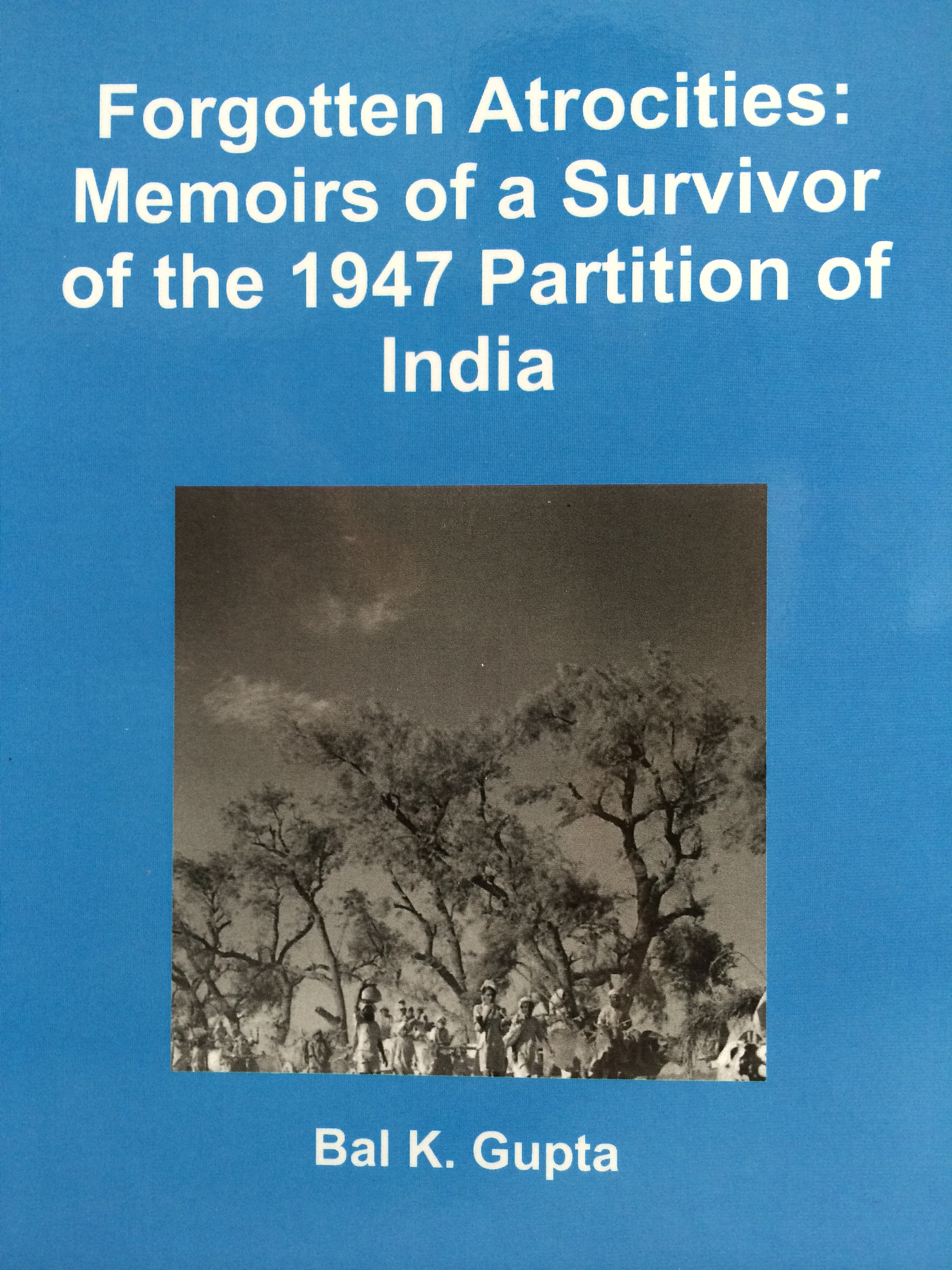 Padmavati and 1947, Jauhar in Mirpur (Kashmir)
Padmavati and 1947, Jauhar in Mirpur (Kashmir)
By Bal K. Gupta
There is a Hindu tradition called Jauhar that originated in Chitod (Rajasthan) and was adopted by Hindu women of committing suicide by either jumping into fires, wells, or rivers to avoid falling into the hands of invading Muslim soldiers. Jauhar of Rani Padmini, Rani Karnavati and other brave women of Chitod is well documented and is shown on TV series and a controversial movie. On November 25, 1947, Pathans mercenaries supported by Pakistani army captured my birthplace Mirpur. Around 10,000 Hindu and Sikh were made prisoners and marched on foot towards notorious Alibeg Prison. On the way hundreds of brave Hindu women committed Jauhar by jumping into Upper Jhelum Canal (Pakistan). Except for my book, there is no record of those brave women. I hope Indian leaders and historians will remember the Jauhar of brave Hindu women of Mirpur. Following are excerpts from chapter 8 of my book “Forgotten Atrocities: Memoirs of a Survivor of the 1947 Partition of India.”
“On November 28 at midnight, in the village of Thathal, the Pakistani soldiers woke us up and ordered us to march in the direction of Alibeg, which was about ten miles away. The Pakistanis had decided to march the Hindu and Sikh prisoners during the night to avoid detection by India Air Force airplanes. The caravan of prisoners walked all night under the surveillance of the Pakistani soldiers. In the darkness, many local armed Muslims sporadically attacked the caravan. They randomly pulled Hindu and Sikh men, killed them with their swords or axes and abducted Hindu and Sikh women. Any Hindu who tried to protect the women was killed. I saw Muslims kill my mother’s uncle, Khem Chand Bhagotra, because he was trying to save his daughter-in- law from being kidnapped. I also saw Muslims shoot dead another of my mother’s uncles, Mukund Lal Sootwala, when he tried to protect his daughter from being kidnapped.
In the twilight hours, we reached the Upper Jhelum canal, which was the border between Kashmir and Pakistan. Both the women jumped into Jhelum. We were still walking within the borders of Kashmir, but at some point, because of the difficult terrain, we were forced to cross a bridge and enter Pakistani territory.
As we traversed the bridges over the Jhelum, hundreds of captured Hindu women and young girls jumped and committed suicide to avoid abduction and rape by the Pakistanis. I could see dead bodies floating in the frigid waters of the canal. Some women still stood on the edge of the bridge with forlorn looks on their faces and others were standing near the banks of the canal. They threw their children first into the fast flowing waters and seemed impervious to the shrieks and yelling of their own infants. As the children floated down the stream, their heads came up once or twice before the canal gobbled them up.
The mothers looked on helplessly. Fear of abduction and torture by Muslims had wiped out all the color and emotions from their faces. Then they jumped in the canal and it was all over in the blink of an eye.
Meanwhile, other children on the bridge saw what was coming. They ran to their mothers’ sides and clasped them around the knees with despair. The Pakistani soldiers tried hard not to let these women die.
They cajoled, threatened, and even pointed their guns at these women. But the desire for self-immolation in these women was too great and was embedded for centuries amongst the Hindu women. They all went to their death with pride and dignity rather than leading a life of rape and torture by Muslims.
One of them was Shanti Devi, the wife of Dr. Nanak Chand Gupta, whom the Pakistanis had earlier pulled from the fire in Akalgarh. My aunt Swaran Devi and her daughter Nirmal also jumped from a bridge into the canal. Seeing them jump into the canal, my brother Ramesh, cousins Bhushan and Rajinder, and I, all started crying. However, some Muslims managed to pull both of them out of the canal and reunite them with us. The Muslims let them go, because aunt was pregnant, and Nirmal was just an eight-year- old girl.”
Source: World Hindu News (WHN)





